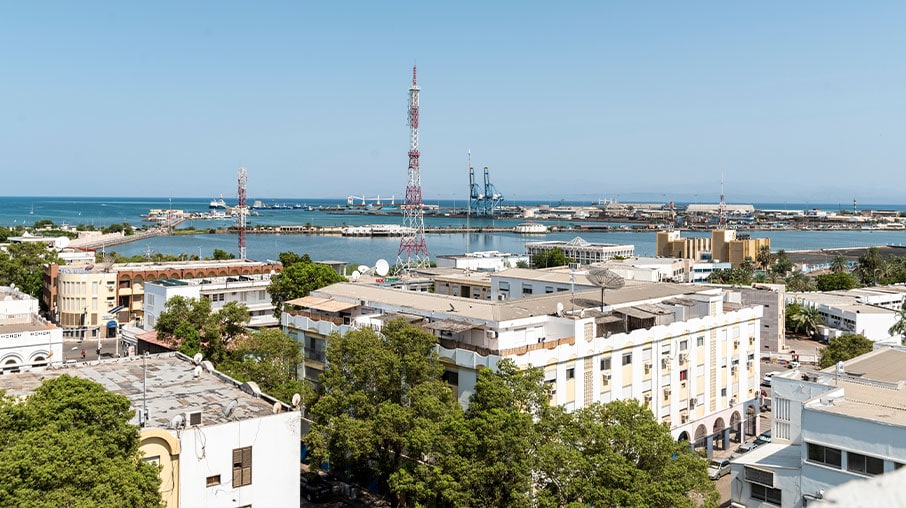Overview
VAT was introduced in Djibouti by the Finance Law of 2009. VAT is levied on transactions carried out in Djibouti by individuals and legal entities who independently carry on taxable transactions, such as purchasing goods for resale, industrial, commercial or handicraft-making activities, including services.
Release date: May 2023
Scope of VAT and applicable rates |
VAT applies on the taxable supply of goods and services supplied or imported in Djibouti. There are three VAT classes applicable in Djibouti:
|
Registration threshold |
| All companies with a turnover of Djiboutian francs (DJF) 50 million or more are required to register for VAT. |
Taxation mechanism |
A supplier of taxable goods or services is allowed to claim/deduct VAT paid (input tax) on the importation or purchase of goods and services. The claim is made through the monthly returns by reducing the output VAT payable. Where a taxpayer deals with exempt supplies and taxable supplies, input VAT can only be partially recovered. There are a number of supplies that are exempt from VAT such as banking operations, insurance operations, transfer of assets, private rents, medical operations and medicines and food. VAT incurred on expenses related to staff, hotel fees, restaurant, entertainment and touristic cars is not deductible as input VAT. |

























